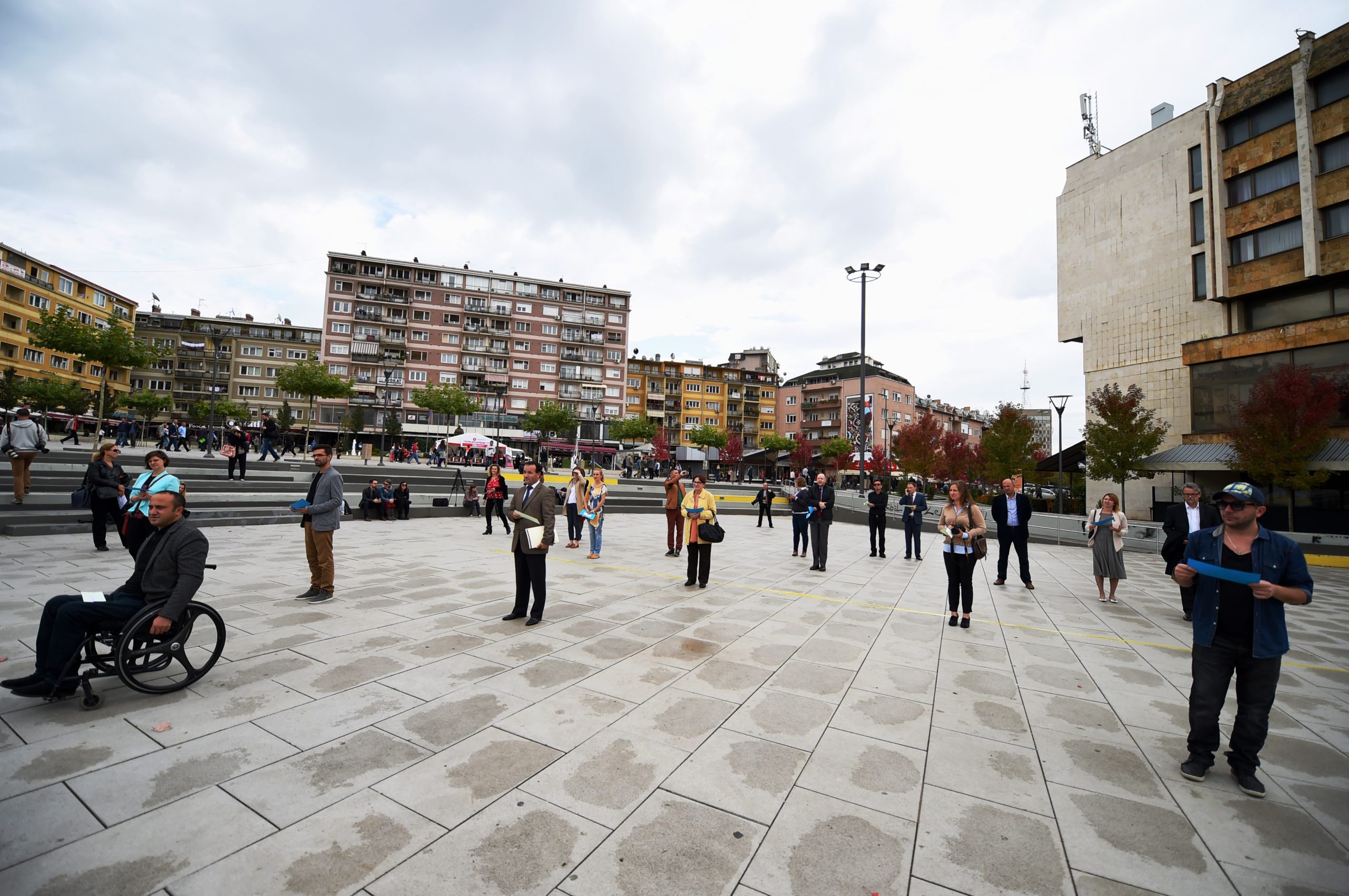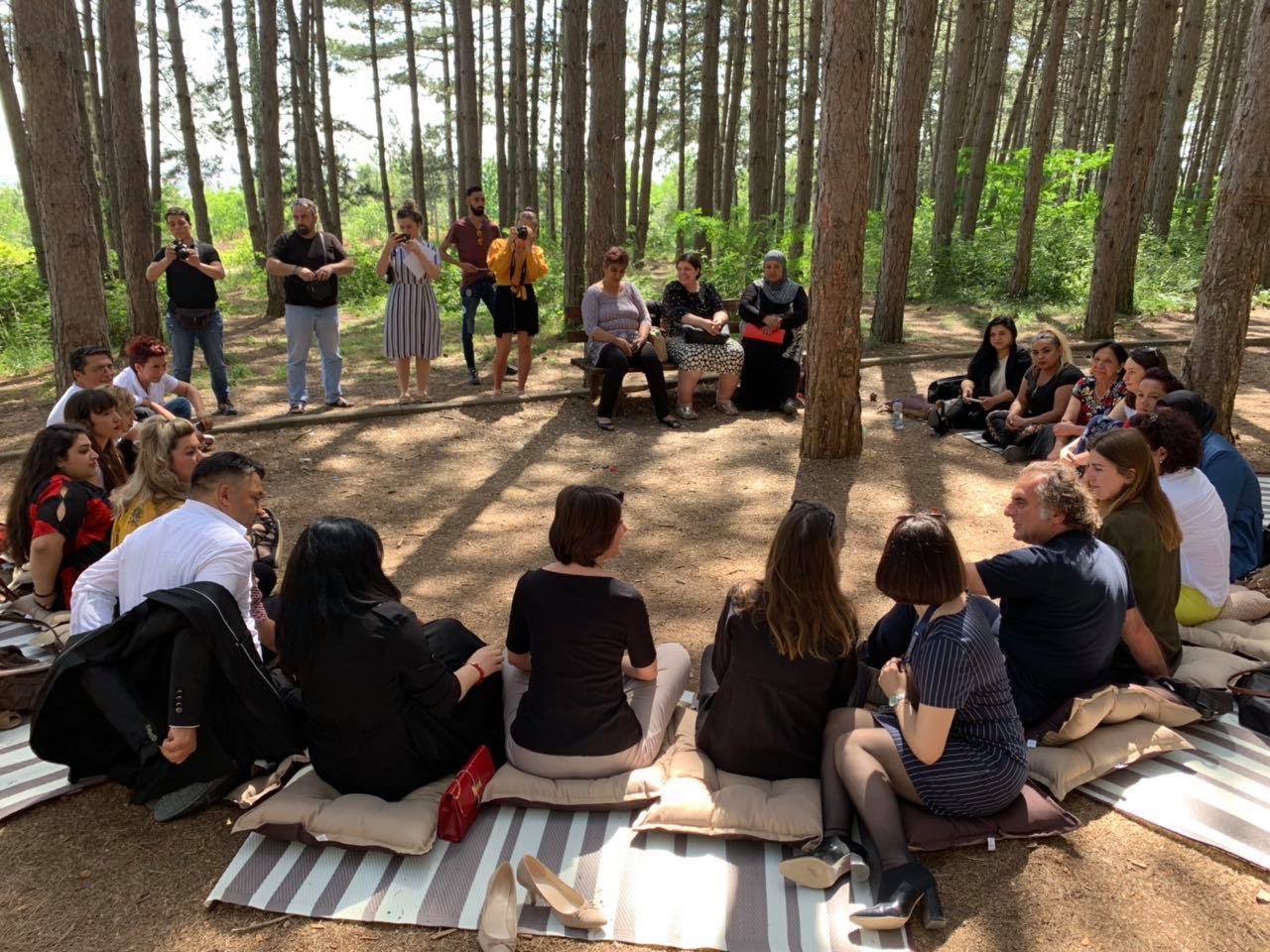
Introduction:
The purpose of this document is to serve as the basis for consultations on a Kosovo1-specific Conflict Sensitivity Toolkit. The Checklist and standardized answers set out in this document have been prepared by two expert consultants and are based on extensive consultations.
After a series of initial consultations with partners from the World Bank, UNMIK, the European Union, the OSCE and others, UNDCO Kosovo is now sharing a final draft before concluding the Checklist. References in this document are based on feedback provided to our consultants and public sources. Please feel free to “Control-F” references to your respective organization in the organization and let us know if there are any “red flags.” Your answers are appreciated in writing or orally to adrian.prenkaj@un.org by 9 February 2024.
Background:
The preparation of this Toolkit has been funded by the UN Peacebuilding Support Office and its Humanitarian-Development-Peacebuilding Partnership Facility aimed at strengthening collaboration between the UN and the World Bank in areas of crisis prevention. The project is managed by the United Nations Development Coordinator’s Office (DCO) in Kosovo.
Purpose and Layout of the Toolkit:
The Toolkit is aimed at Kosovo-based development practitioners (local and international) designing or implementing development projects. It will be published on a UNKT operated website in the form of a “Checklist” with a set of 43 questions across six key areas (Organization and Staff; Contextual Analysis; Strategy; Programme Planning; Programme Implementation; Monitoring, Evaluation and Learning). The site will allow users to generate a custom-tailored response in direct response to their selected answers. E.g., users will be asked if the composition of the organization they work for sufficiently reflects local demographics. If the user answers “No,” they will receive feedback on why a representative composition of staff may be important, referencing key guidelines from around the world. A user who answers “yes” will not receive this feedback, lightening his/her reading load. This tailored response mechanism will be based on a series of pre-prepared answers and operate similarly to basic internet bots. The user-specific experience will make practitioners feel more engaged.
The purpose of the Toolkit is to allow users to identify crisis and fragility risks throughout the planning and project lifecycles of their interventions and to benefit from best practices and guidance, with a particular focus on the most vulnerable groups and non-majority communities in the Kosovo context. Within this framework, it is hoped that the Toolkit will:

Context Analysis
This is the systematic study of the political, economic, social, and historical factors that contribute to the conflict dynamics in a region. In the case of Kosovo, this would involve understanding its historical ethnic tensions, political status, and socio-economic conditions.
Do No Harm Principle
This principle emphasizes that interventions should not exacerbate existing conflicts or create new ones. For Kosovo, this means any action taken by international or local actors should be carefully assessed for its potential impact on inter-ethnic relations and political sensitivities.
Stakeholder Engagement
Identifying and involving all relevant parties in a conflict or potential conflict. In Kosovo, this includes local communities, ethnic groups, political entities, and international organizations.
Peacebuilding
Activities aimed at resolving conflict and building a sustainable peace. In Kosovo, this may involve reconciliation initiatives, promoting political dialogue, and addressing underlying socio-economic issues.
Conflict Transformation
This goes beyond managing or resolving a conflict to fundamentally transforming the relationships and structures that caused the conflict. For Kosovo, it could involve efforts to change narratives around ethnic identity and sovereignty.
Multi-Track Acivism
Engaging at different levels, from high-level political negotiations to grassroots initiatives. In Kosovo, this could mean both diplomatic efforts to resolve status issues and local initiatives to build inter-community trust.
Inclusivity
Ensuring that all groups, including marginalized and minority populations, have a voice in decision-making processes. For Kosovo, this is crucial in both political and socio-economic initiatives to ensure fair representation of all communities.
Cultural Sensitivity
Recognizing and respecting the cultural differences and histories of conflicting parties. In Kosovo, an understanding of the historical and cultural contexts of both Albanian and Serbian communities is crucial
Resilience Building
Strengthening the capacity of communities to manage and recover from conflict. In Kosovo, this could involve supporting civil society, improving governance, and economic development that benefits all communities.
Human Rights Upfront
Prioritizing the protection and promotion of human rights in all actions. For Kosovo, this means ensuring that interventions uphold the rights of all individuals, regardless of their ethnic or political background.

You will find references to a variety of resources once you start using the Checklist. Below, in no particular order, is a small selection of publicly available resources on conflict sensitivity that can further inform your research into this topic.